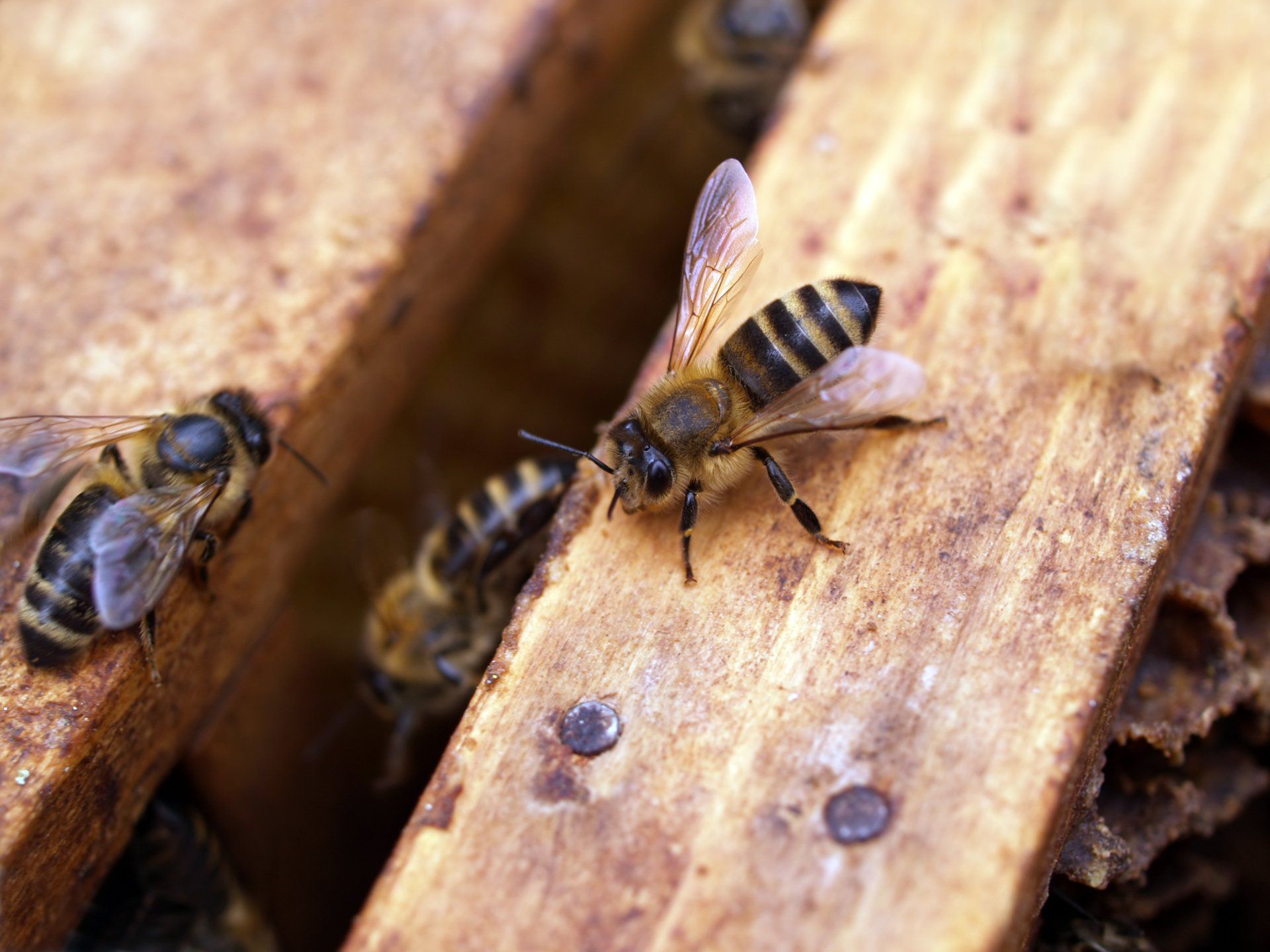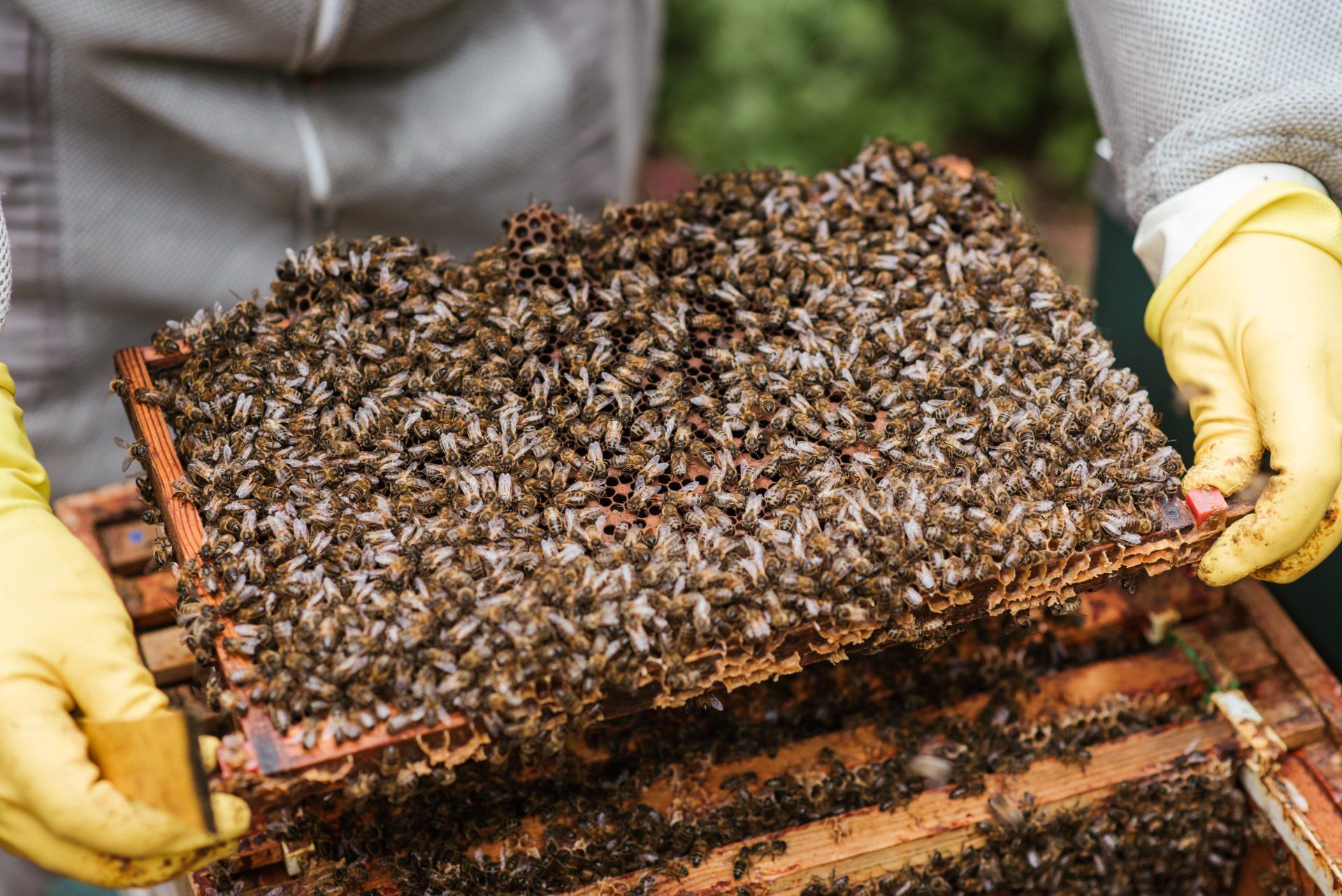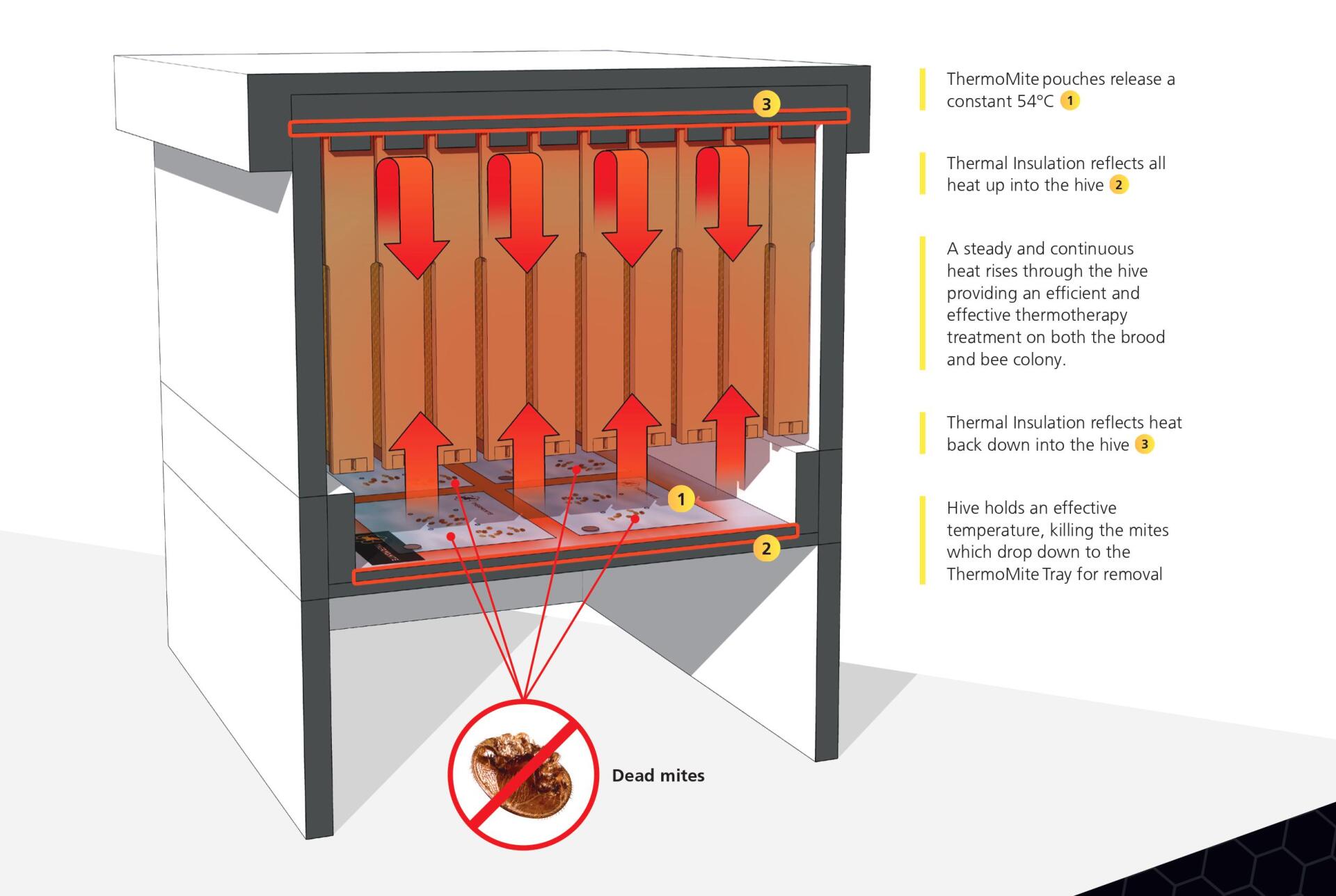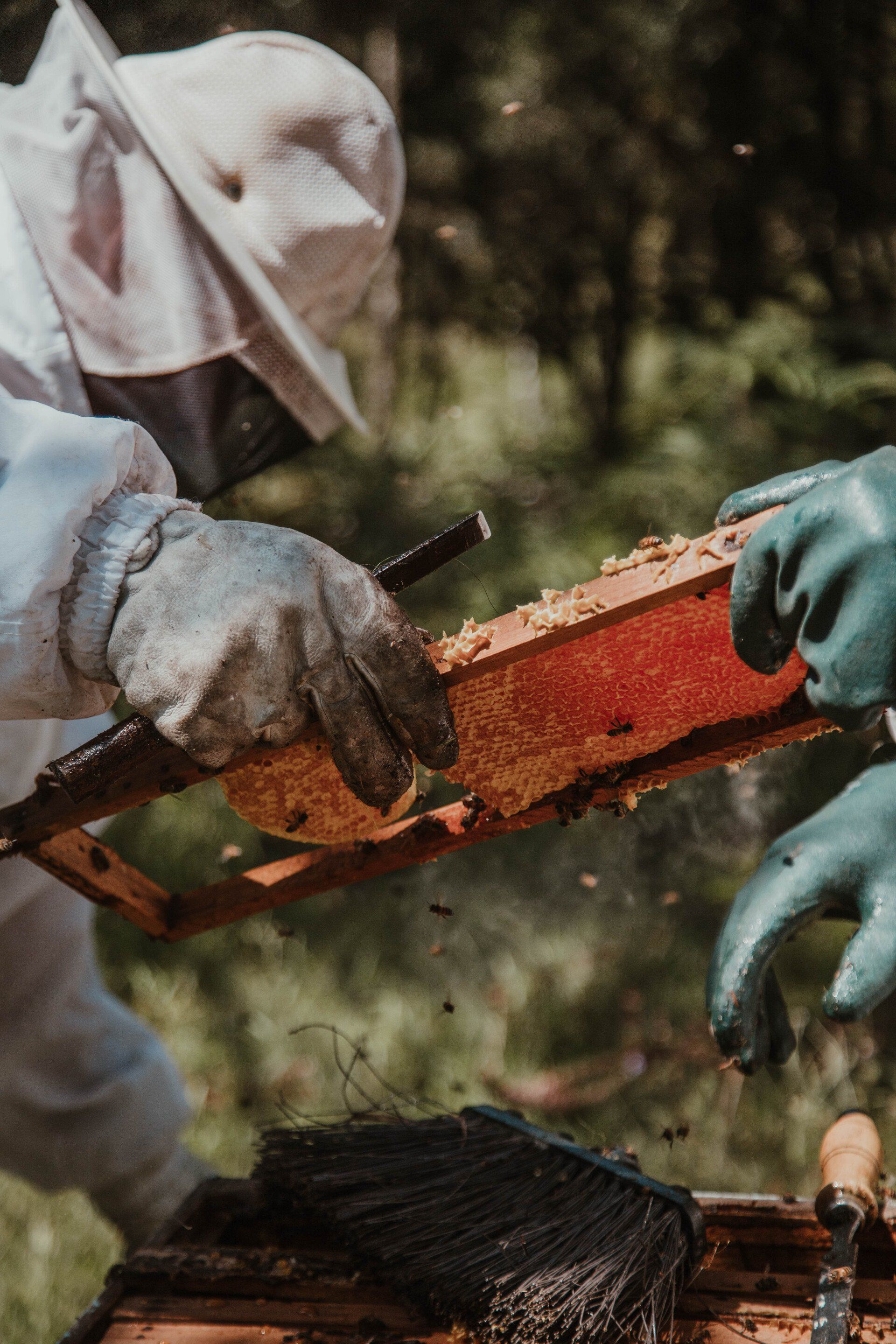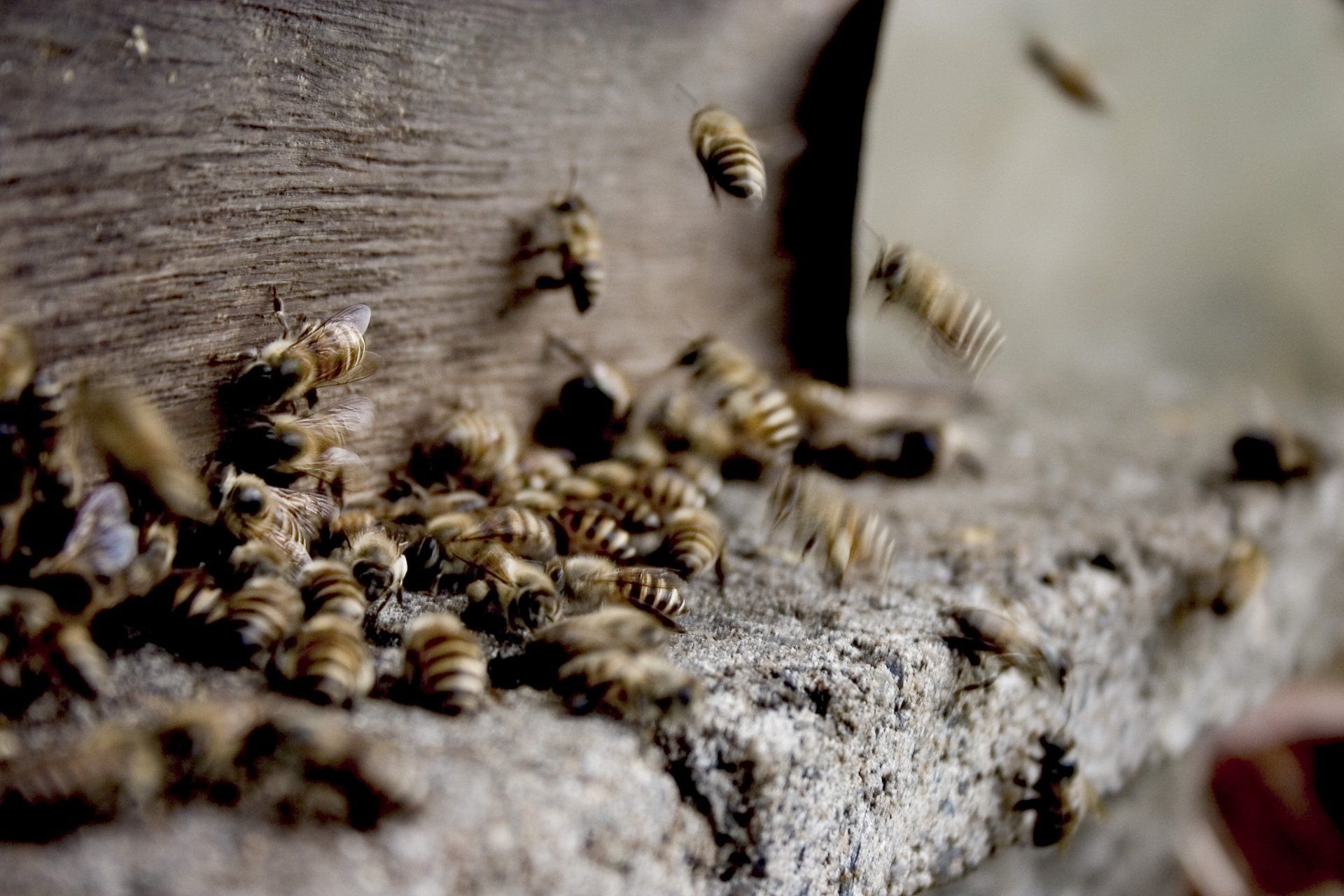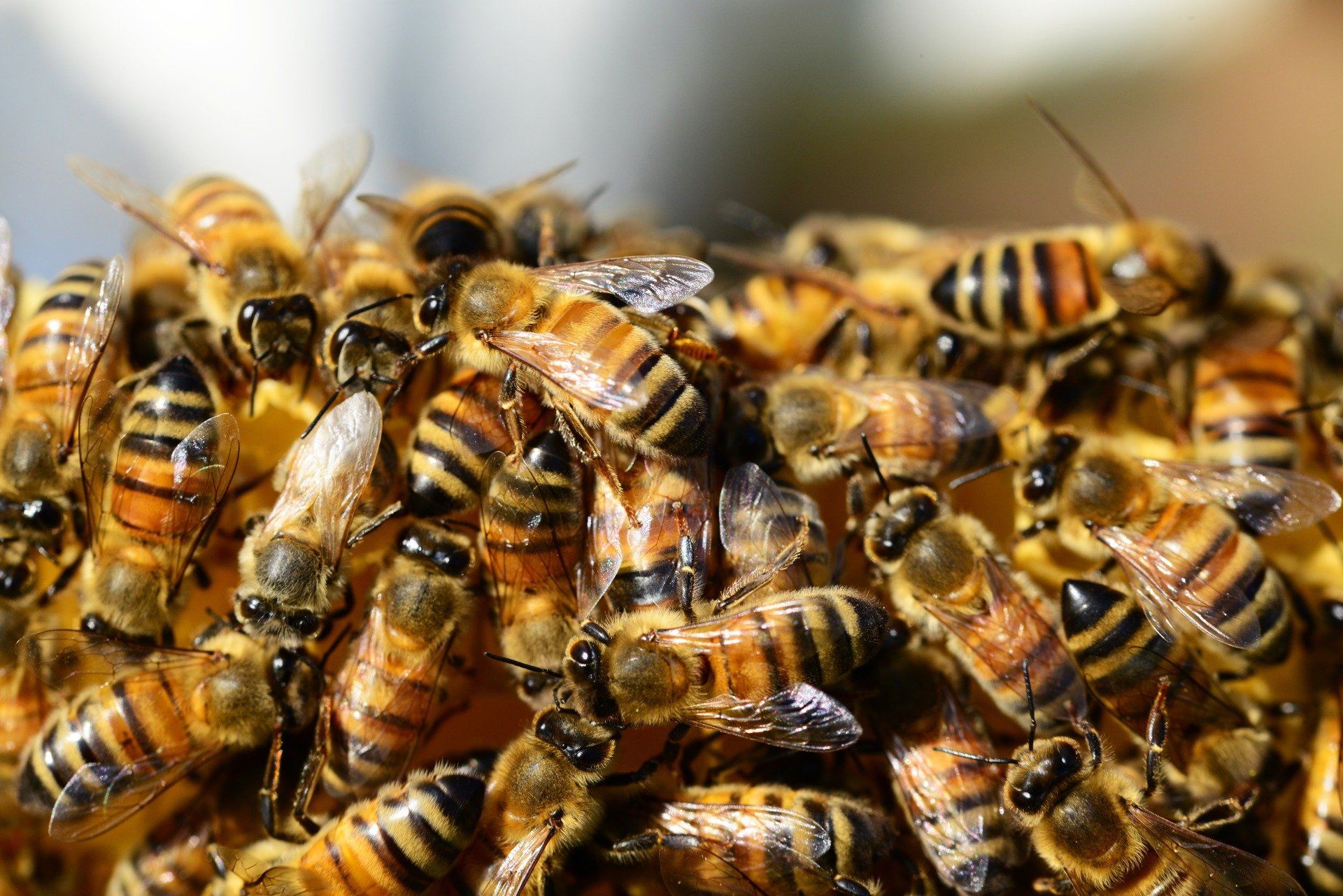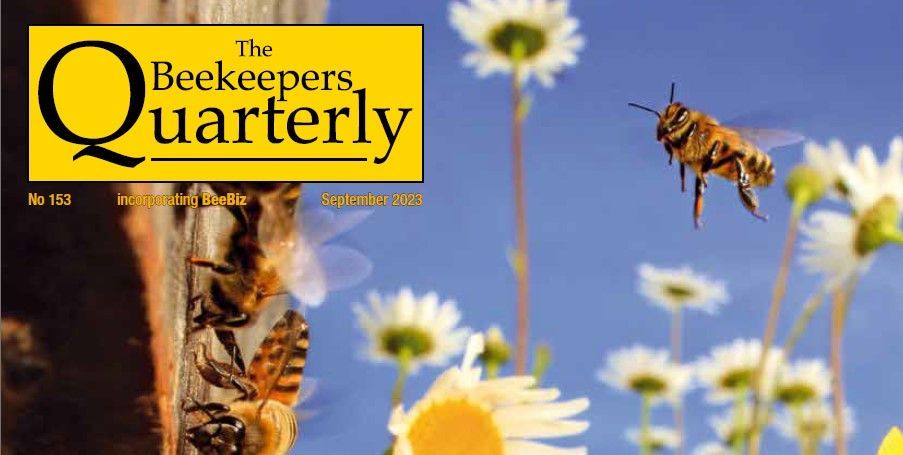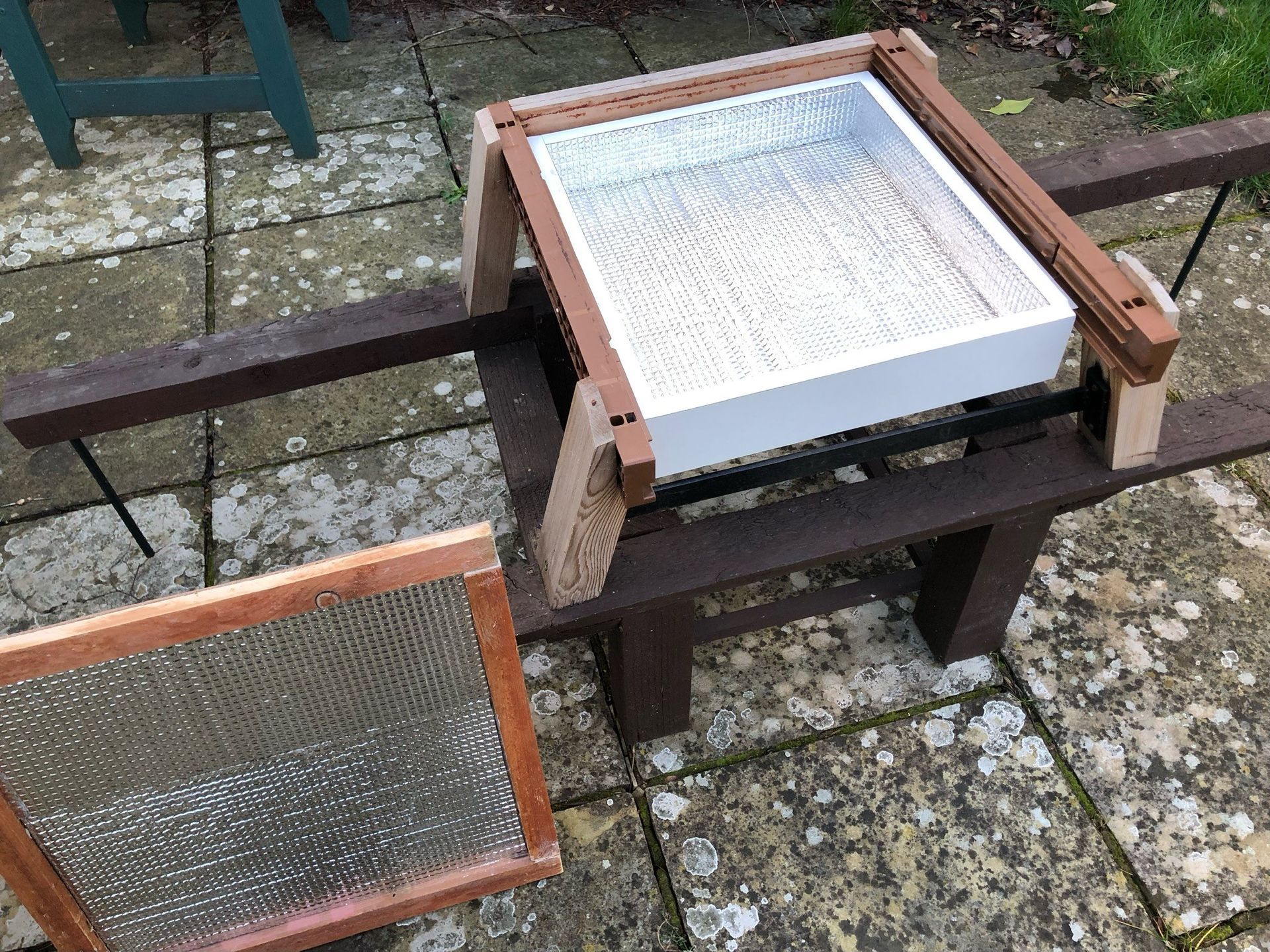About Us

Phase Change Material Products Ltd is a distinguished UK-based chemical research and manufacturing company. With over two decades of expertise, we have actively contributed to the advancement of Phase Change Materials (PCMs).
Our unparalleled experience enables us to offer unparalleled design and consultancy services for PCM installations and applications globally. Our unwavering commitment is to continually explore and expand the horizons of PCM implementation in diverse industry sectors. We are steadfast in our pursuit of becoming global frontrunners in PCM Research & Development.
An introduction to Phase Change Materials
Phase Change Materials (PCMs) are chemical solutions that are ideally suited for thermal management applications. These chemical solutions have the ability to store and release thermal energy during the process of melting and freezing, when they transition from one phase to another. When a PCM freezes, it releases a significant amount of energy, either in the form of heat or cooling. Conversely, when the material is melted, an equal amount of energy is absorbed from the immediate environment as it changes from a solid to a liquid state. In simpler terms, PCMs can be compared to thermal batteries, allowing for the storage of thermal energy to be used later on.
The simplest, most cost-effective PCM is water/ice. However, the fixed freezing temperature of water at 0°C (32°F) makes it unsuitable for the majority of energy storage applications. Therefore, various chemical materials have been identified and developed to provide products that exhibit similar freezing and melting properties as water/ice, but at temperatures ranging from the cryogenic range to several hundred degrees Celsius.
How did we get involved with Bees?

UK Innovate: Government Funded Research Project:
In 2018, we had the privilege of being invited to participate in a two-year research project funded by UK Innovate. The primary objective of this project was to foster collaboration between bee experts and companies, with the aim of exploring the potential application of PCM solutions in thermotherapy. Throughout this endeavor, we had the invaluable opportunity to engage with numerous beekeepers, bee experts, and a leading hive manufacturer. Leveraging our extensive 20+ years of experience in PCM, we worked alongside experts from various sectors of the bee industry to develop a bespoke and reliable PCM chemical formula specifically designed for thermotherapy applications.
Upon the conclusion of this rigorous research project, we were inspired by the concept's potential and decided to embark on a further journey. We committed our own private funds and time to refine and enhance the idea, driven by the desire to transform this exceptional concept into a tangible product that could be acquired and utilised for the protection of bees worldwide.
We are delighted to announce that our efforts have culminated in the realisation of our vision, and we are proud to introduce the ThermoMite™ system. This ground-breaking product is now available for global distribution, representing a significant milestone in our mission to safeguard bees across the globe.
Blog:
Check out our latest Blog posts below:

